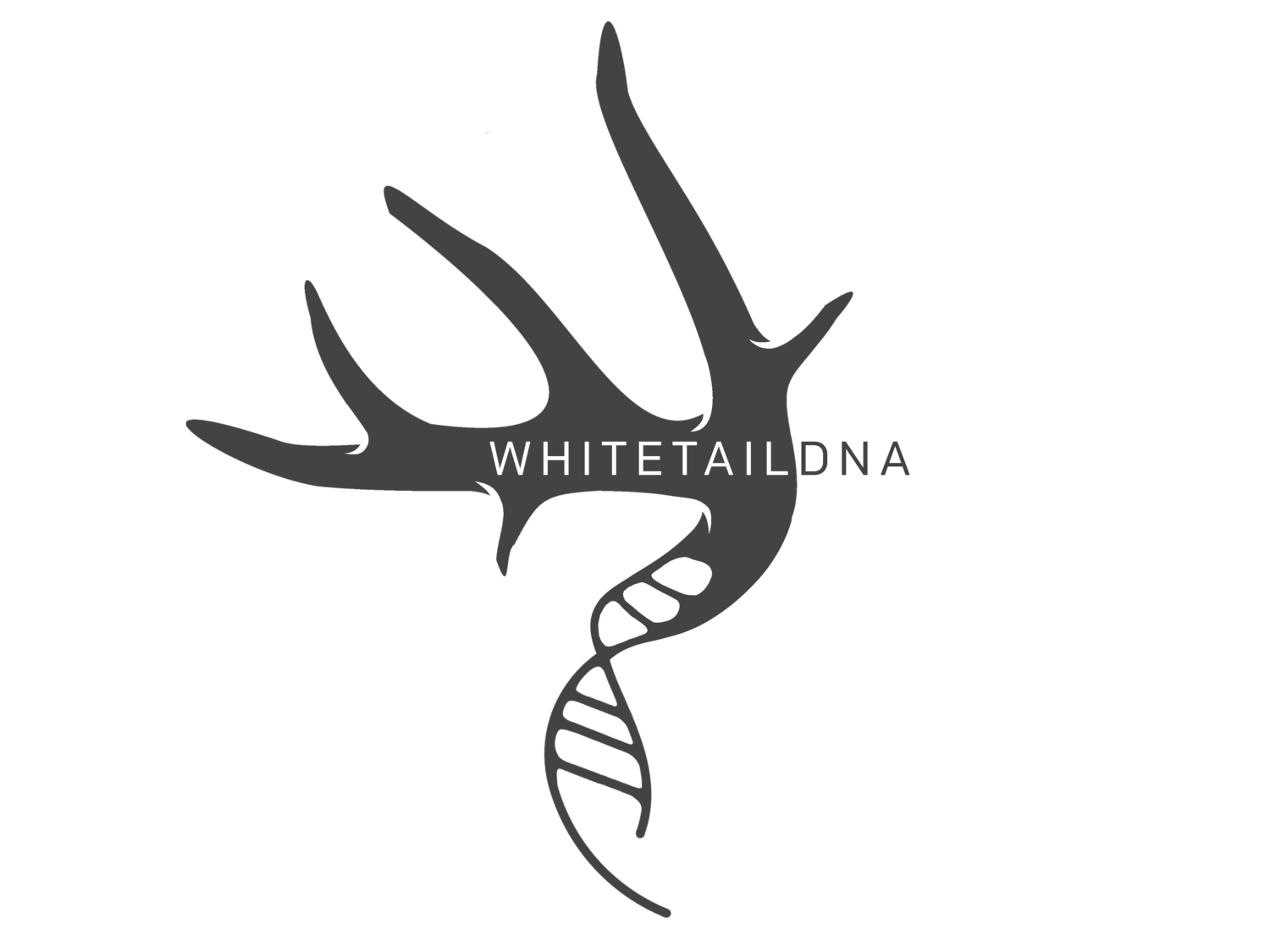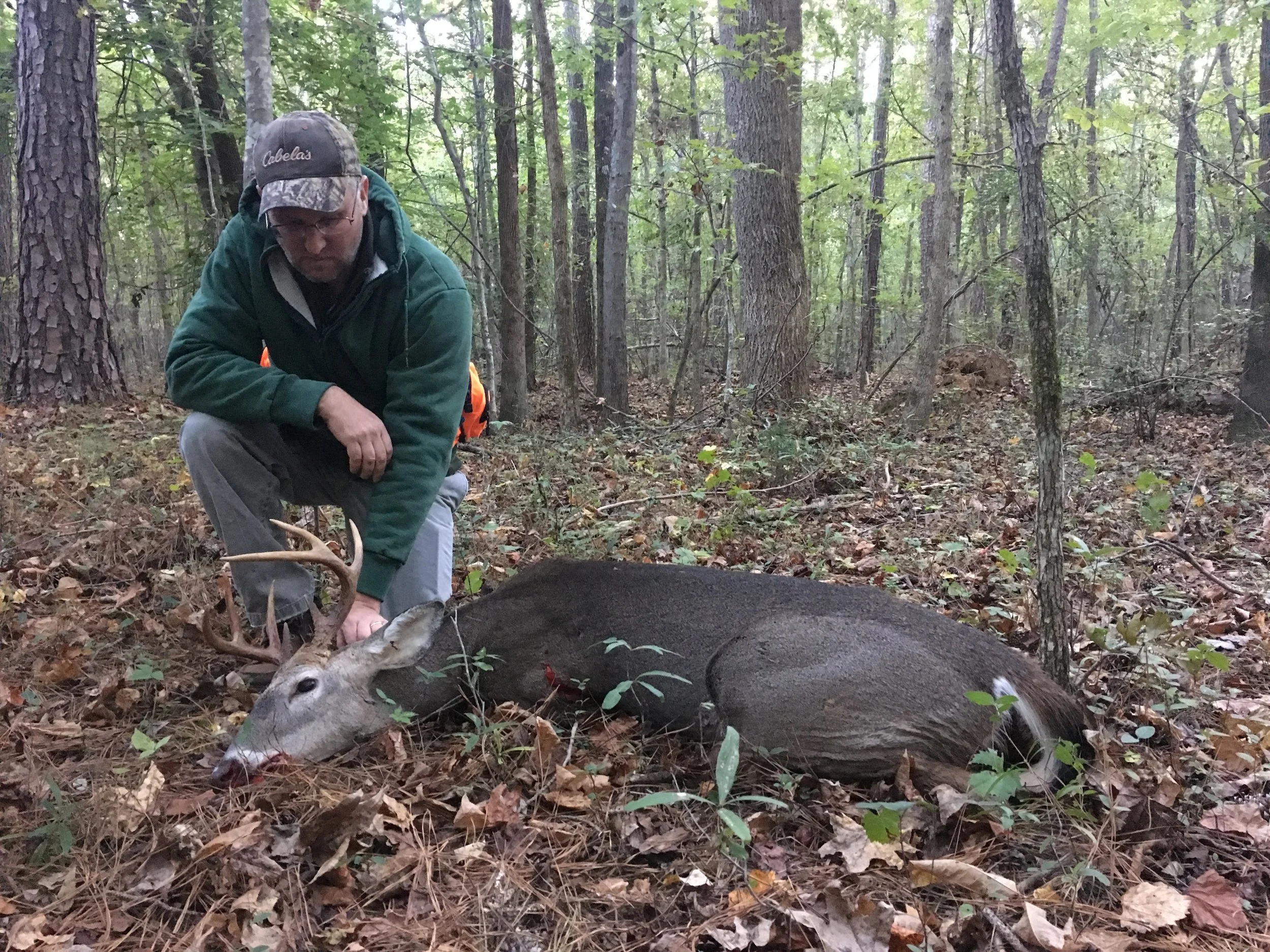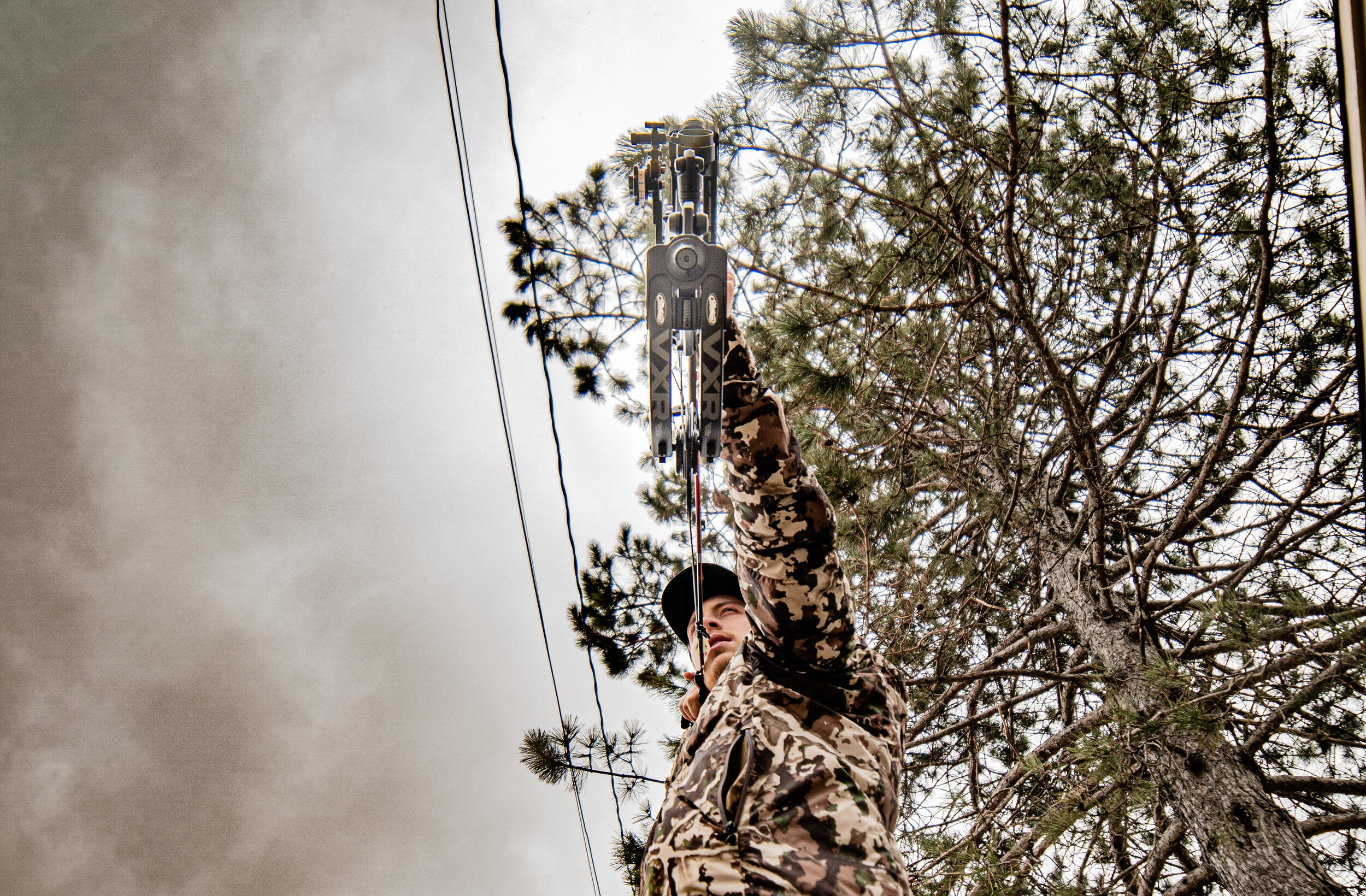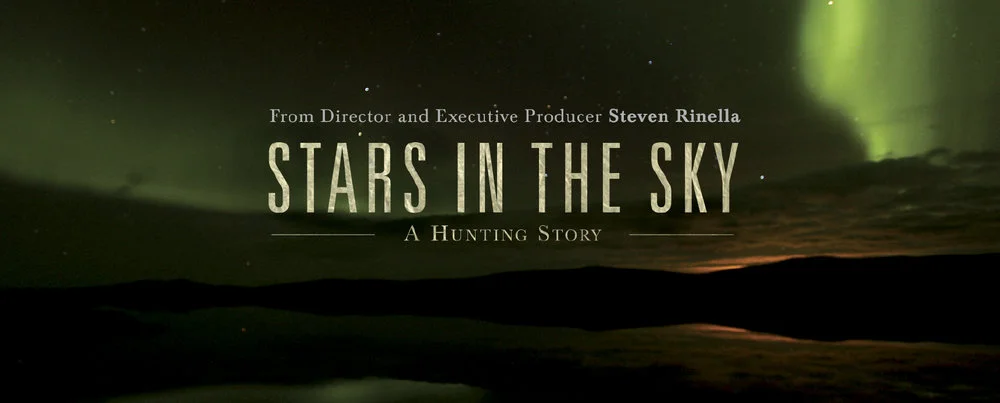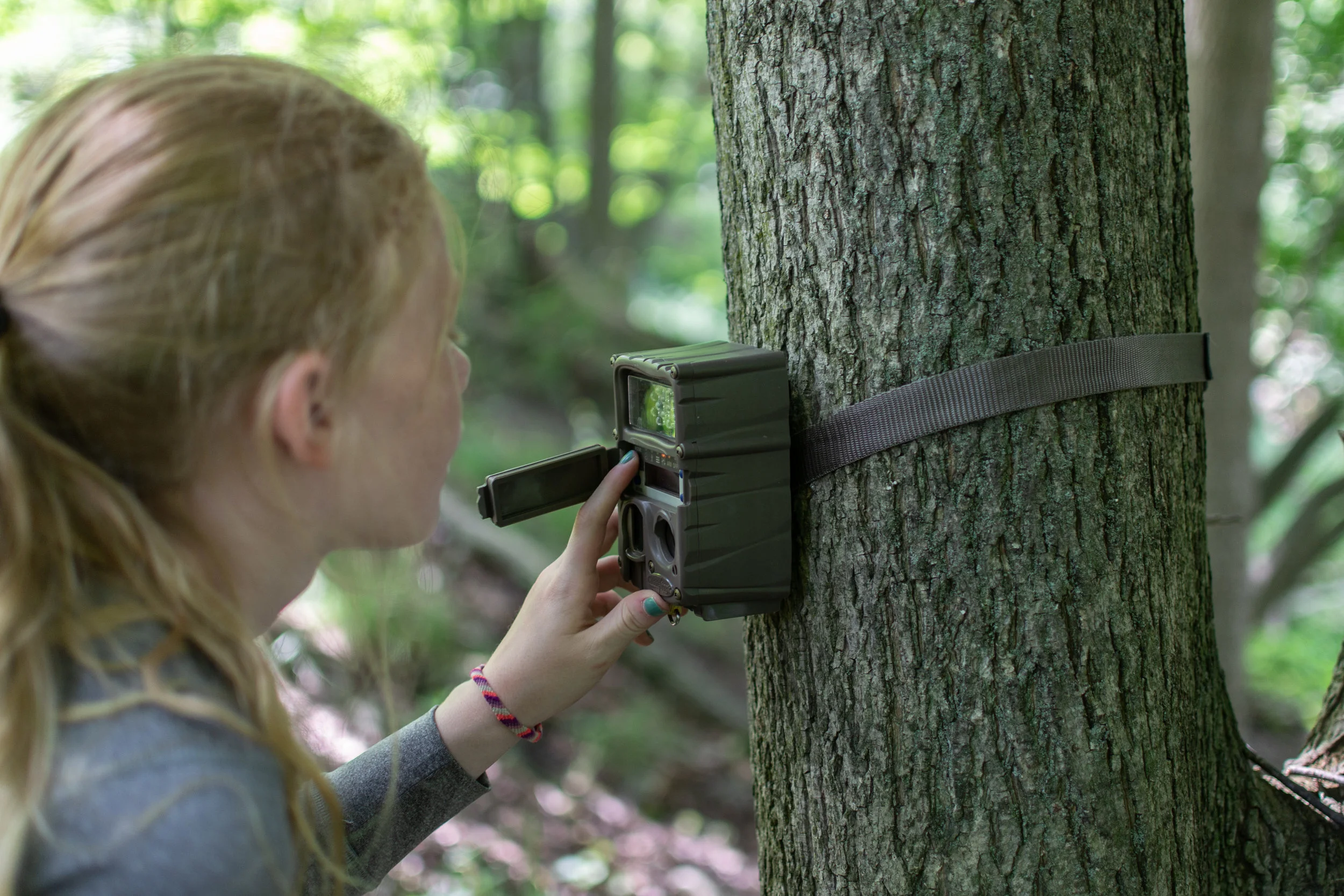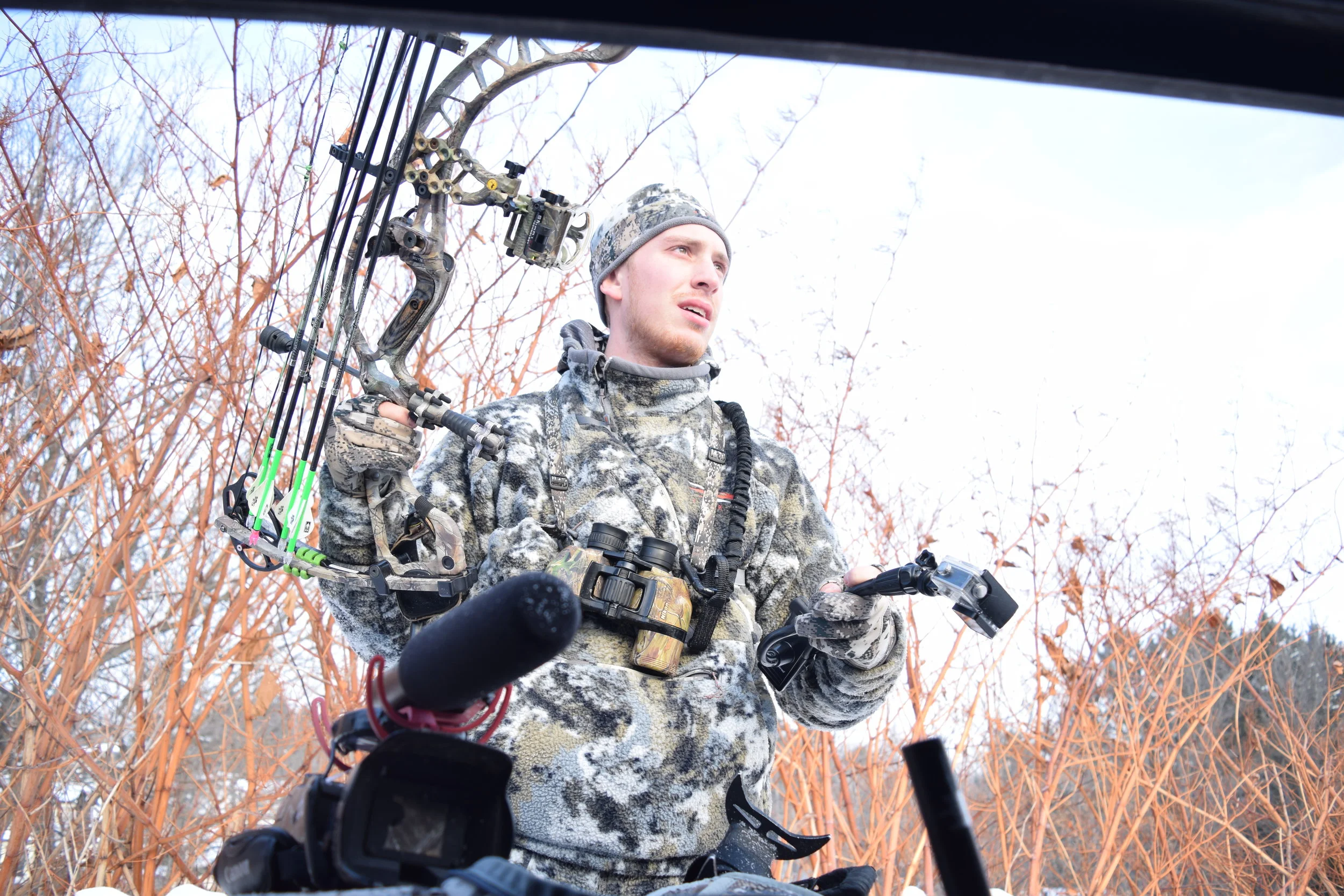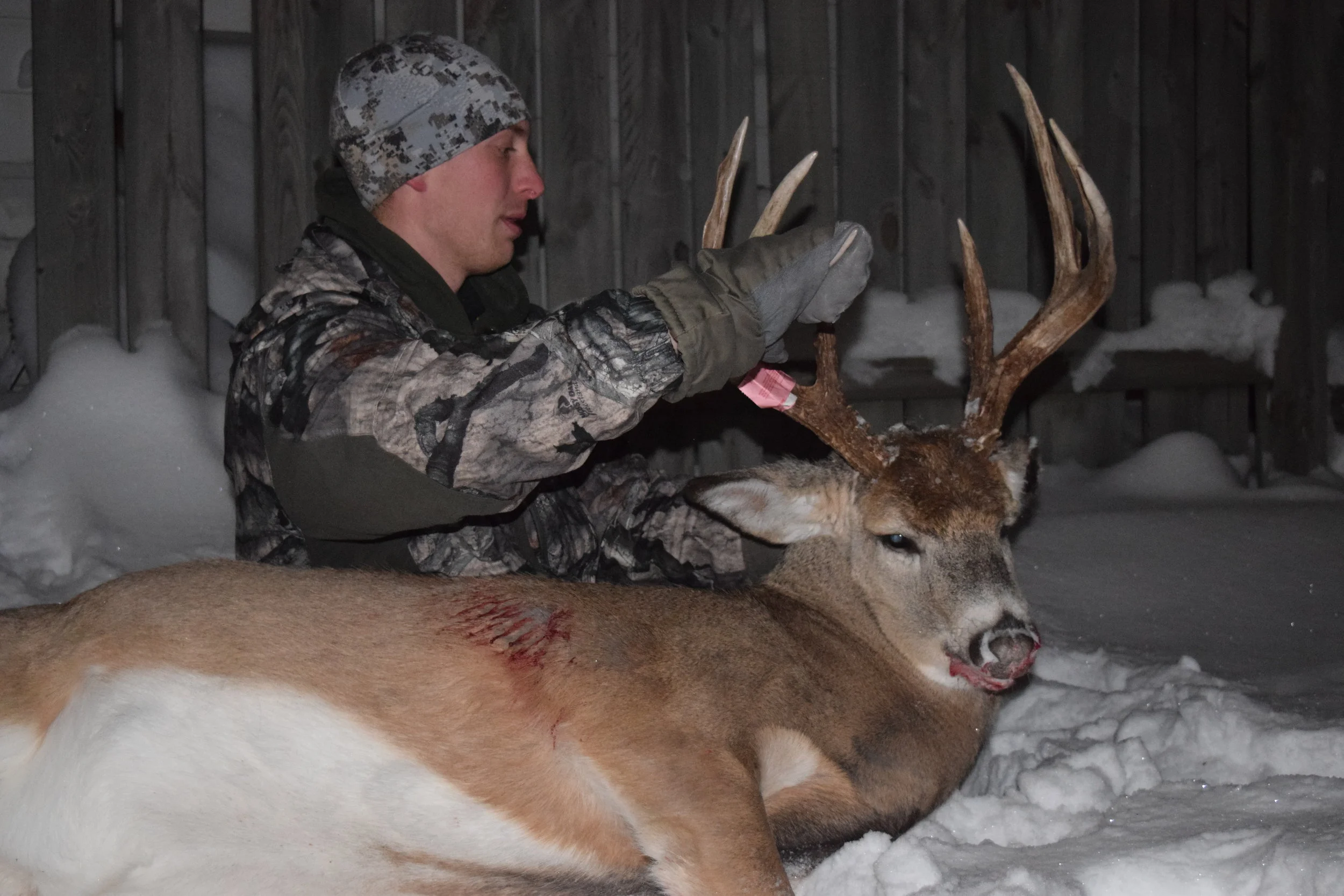By Alex Comstock
Recently, I've been thinking a lot about the declining number of hunters in America. The numbers are slightly alarming, and as hunters, if we want hunting to prosper, we need to be recruiting more people to start hunting. One organization that is making a big difference when it comes to recruiting new people to hunting is the Quality Deer Management Association. I interviewed Hank Forester, QDMA's Hunting Heritage Programs Manager, and also got some thoughts from Matt Ross, Assistant Director of Conservation about the topic. To learn about this issue, and to see how you can make a difference, keep reading!
*Editors note: Our Q&A with Hank Forester comes first, followed by thoughts and a story from Matt Ross.
Q: First off, for those that aren’t aware, can you quickly explain the situation revolving around the declination in hunter numbers? How severe is it really, and is it something we as hunters should be aware of?
Hank: Urbanization and an aging population of hunters are causing large declines in hunting participation. According to the 2016 National Survey of Fishing, Hunting and Wildlife-Associated Recreation, “In 2016, 11.5 million people, 5 percent of the U.S. population 16 years old and older, went hunting.” We can take that further and deduce that only 4% (9.2 million) of Americans hunt deer.
We all understand there is power in numbers. Luckily public approval of hunting remains high. Even more critical at this point, sportsmen and women fund the majority of conservation in the US, a decline in hunters is a decline in funding for state wildlife agencies and conservation projects.
Q: With the decline in the number of hunters recently, do you think it’s current hunter’s duty to recruit new people to hunting?
Hank: The only way we will stop the decline is through individual mentorship such as current hunters mentoring first-time hunters. We need to grow our ranks while diversifying as hunters. Experience and research proves it's most efficient to mentor new adult hunters who will in turn mentor their children and peers.
Q: What do you think is the best way to go about trying to get someone who has never hunted before involved in hunting?
Hank: Venison is by far the best tool to recruit new hunters. We are very fortunate, almost 80 percent of Americans approve of hunting for meat. Today, both first-time and current hunters rank “for the meat” as their primary motivation behind hunting – first-time hunters by a larger majority.
Q: In my opinion, I believe that some people have the train of thought that they won’t be able to make a difference. By recruiting new people to hunting, can someone make a difference, and help switch the trend to hunting gaining people again?
Hank: Imagine if the founders of conservation adopted that mindset when there were less than 500,000 whitetails in the U.S. (today there are around 30 million deer in the U.S.). If every hunter mentored a new hunter this season we would double the number of hunters. Not only is that making a difference, it’ll be their most rewarding hunt of the season.
Mentor and Mentee selfies from the QDMA Field to Fork program. Looks like fun doesn’t it!
Q: I’ve also heard people talk about how less hunters means more places for them to hunt. What do you make of that statement, and how would you go about addressing that?
Hank: The decline in hunter numbers is the biggest threat to the future of hunting and wildlife conservation. Period. This idea of fewer hunters is better is short-sighted at best. Current hunters must understand that the decline of hunter numbers will negatively affect them. Not only is the decline going to negatively affect hunters, but it will negatively affect all Americans, our wildlife and its habitat.
Q: What do you think is the most important aspect to convincing a person that has never hunted to pick up a bow or a gun, etc.
Hank: Honestly, everyone loves shooting. Stigmas do exist but are easily broken down with a little education and experience. We’ve seen increases in shooting participation and that’s helped raise funds for conservation. The youth shooting sports programs that have cropped up over that last few years like Scholastic 3D Archery show promise of recruiting new generations of hunters.
Q: At the end of the day, what do you see happening with hunter numbers if you had to make a prediction? Do you think we’ll continue with the current trend, or will be able to get hunter numbers back up?
Hank: Without a huge increase in mentorship, we will continue to experience declines. An aging hunter population and urbanization are working against us. The number of hunters will stabilize after the Baby Boomers age out but we may be 3% of the population by that time. We can and must stop the current trend. We’re very fortunate to work with whitetails, the number one game animal on earth. According to our 2017 Whitetail Report, 13 out of 16 days afield by the average hunter were spent deer hunting. If you’re hunting for meat there is no better quarry. We need deer hunters to set aside a couple of days each year to mentor a new hunter. QDMA and our dedicated members are currently mentoring 160,000 new hunters each year. As part of our new mission goals, we hope to increase that number and mentor a million new hunters over the next five years. To find out more and join us, visit QDMA.com.
After getting Hank's thoughts on the subject, I also chatted with Matt Ross who works for the QDMA as well as the Assistant Director of Conservation. "As an industry, we are in a tough spot and are going to lose a lot of hunters. We need to try and turn the tide, it's a big deal," Matt told me. This past season Matt mentored a new hunter (his good friend Andy Fast) and it was a very rewarding experience not only for Matt, but for Andy as well. Matt told me what really clicked for him, "QDMA's senior director of operations, John Eastman, challenged all of our staff at the QDMA to mentor a new hunter this year, and I knew this was the year to take Andy out." Andy was going to be hunting with Matt during the opening weekend of New York's firearms season. "I had to change my opening weekend plans, but I was excited about the decision. It wasn't a sacrifice to me at all." Matt put all of his effort into teaching Andy the ropes, and getting him a deer. Not only did Matt help mold a new hunter that weekend, but the weekend was capped off with Andy harvesting a mature doe.
Matt Ross (right) with good friend Andy Fast (left) after Andy harvested a deer with Matt's mentorship.
Since harvesting the doe, Andy has grown to appreciate not only the experience, but what harvesting a deer provides, such as meat that you know exactly where it came from. Matt talked about how after the fact, Andy would send him photos of venison he was eating that was provided by his harvest. "Andy has been texting me pictures of his meals that were created because of his harvest, and that's very rewarding." When I asked Matt what his overarching thoughts were on getting someone into hunting, he explained that, "To introduce someone to hunting and get the training wheels off is more than a one day or one weekend thing. I will probably take Andy out several times over the coming years before he starts feeling comfortable to do everything himself. I'm invested into Andy, but it's worth investing in." When expounding on this, Matt included that, "The number of hunters we are losing can be intimidating, but you can't worry about that. There are a lot of scary numbers, but don't worry about those. Worry about introducing one person to hunting. If every hunter just introduced one person to hunting, we would double the number of hunters. You can make a big difference by taking just one person out and turning them into a hunter."
Final Thoughts: My takeaway from this is that yes, it is a big deal, even a very big deal that we are continuing to lose hunter numbers, and will surely lose more soon. But if each one of us took action, we could change that trend, and help make sure deer hunting stays around and prospers for a very long time. I want to challenge each and every person that reads this to go out and recruit a new hunter this year. It could be your best friend that's never hunted, a family member, etc. It doesn't matter who, but get them out in the field and teach them what hunting is all about. Like Matt and Hank both said, if we all can mentor a new hunter this year, it would have a profound impact.
To learn more about hunter recruitment programs, or to join the Quality Deer Management Association, visit QDMA.com.
